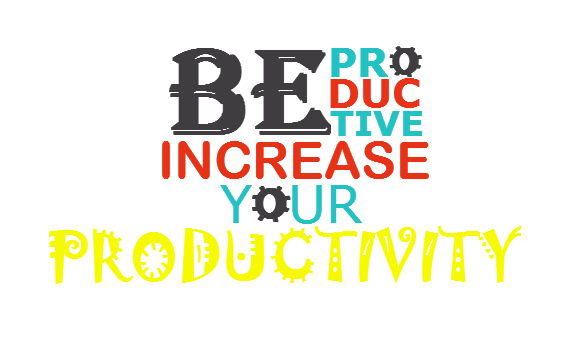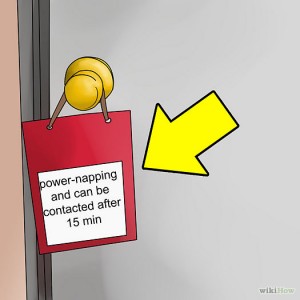The aim should be to do more in a very short space of time. This also then gives us plenty time on our hands to do more of stuff we love outside work! A multitude of research has shown us that discipline is best maintained through habits, not through willpower. However most people hold their productivity back by not rigidly scheduling work & rest breaks throughout the day.
Since most of us are worried about willpower, we don’t push ourselves to maximum output: instead of “giving our all” for brief sessions, we distribute our effort throughout the day, leading us back to busywork to fill our time. Here is what to do instead:
Willpower alone is not enough:
Your productivity shouldn’t be reliant on your sheer force of will alone. Mental toughness will go a long way, but in order to stay disciplined you’re better off relying on systems.
Give yourself the ability to go “all-in”:
Working harder on the stuff that matters is going to drain you mentally & physically. Don’t be afraid of giving yourself multiple breaks throughout the day. It’s better to “chunk” productivity sessions into 90 minute periods (in order to keep yourself sharp and to alleviate the stress of pacing your energy throughout the entire day)
Have a running to-do list
This is a good way to ensure that you always have something to do and don’t waste any time looking for your next task. Write all your upcoming tasks on this list. At the end of the day, prepare a to-do list for the following day so that you can start working as soon as you get to the office. Keep the list handy and be sure to cross off tasks that you’ve finished; you’ll find satisfaction in knowing that something is completed.
If it’s not worth measuring, it’s not worth doing:
Tracking has been proven to be the best way to stay diligent about your progress. Create an accountability chart to list what productive things you’ve gotten done throughout the day. You’ll see how much you’re really accomplishing.
Deal with things immediately
If something comes up and you can deal with it in a couple of minutes, then do it right away. There’s no point in postponing it. But remember, this tip only works for smaller things like fielding an inquiry from a client. Under no circumstances should you begin projects this way; you’ll never get anything done.
Multitasking is your enemy:
Treat it as such. Block out unwanted distractions. Don’t waste time jumping from your computer to your e-mail inbox to your smartphone. Centralize all pertinent information at one easily accessible source. Plan your day the night before so you won’t get consumed with the wonderful distractions of the internet when you start your day.
Learn to say no.
Such a small word and yet so hard to say! When someone asks you to do something that is not your passion or priority, politely but firmly decline. Remind yourself that saying no to one thing gives you the freedom to say yes to something else that is more fulfilling and more worthy of your time and skills.
Take power naps
Unfortunately, social norms — along with most modern office environments — don’t really allow for most of us to take a nap during the middle of the day. But there’s also lots of evidence that a brief nap can make you feel a bit sharper when you wake up. In experiments, people who take naps outperform those who don’t on tasks that involve paying close attention to a screen for a long time and reacting quickly to stimuli. Emergency room nurses and doctors who take naps before shifts are more alert and better at completing simple tasks, like inserting an IV into a patient. Drivers who nap before a night shift are less likely to get into accidents. And over and over, nappers report feeling more alert and rested in experiments than people who stay awake.
Try to get some natural light
This is another tip that’s easier for some people to follow than others. But a whole body of research shows that regular exposure to natural light makes people more productive in an indoor office setting. Studies have also indicated that office workers who sit near windows are less likely to suffer from headaches and seasonal affective disorder, and have lower rates of absenteeism.
Swear Off Social Media
If you don’t need it for work, save Facebook for home and turn Twitter off during the work day.











